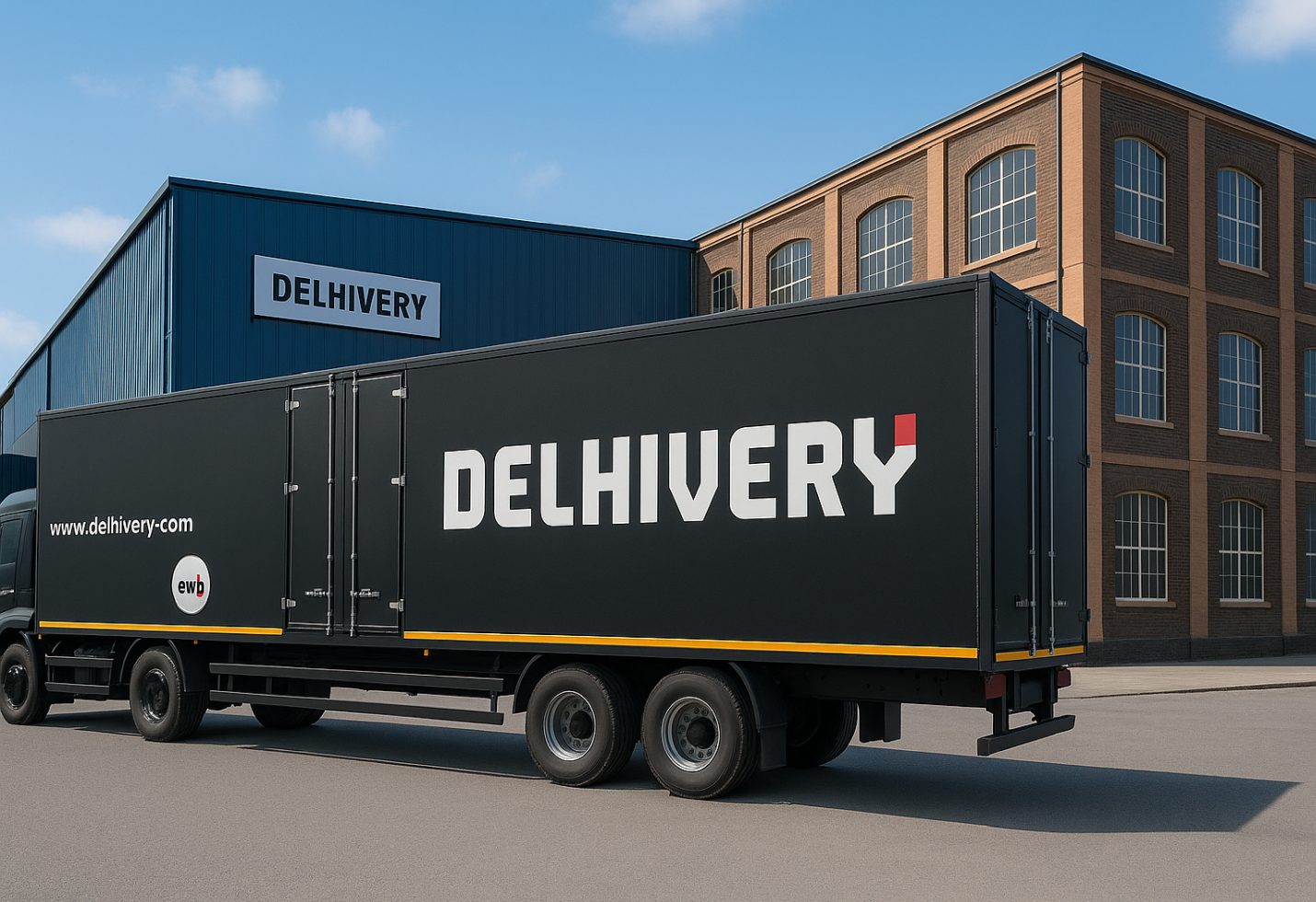Delhivery’s Stellar Quarter: Profit Surges 190% Sequential
Robust demand, operational efficiencies, and network strength drive growth
Delhivery Ltd., India’s leading logistics and supply chain solutions provider, has delivered an outstanding performance for the fourth quarter of FY25. The company reported a massive 190% quarter-on-quarter (QoQ) jump in net profit , reaching ₹72.6 crore, compared to ₹25 crore in the previous quarter. This marks a strong turnaround for the company that had faced headwinds in earlier quarters, particularly due to macroeconomic pressures and seasonal fluctuations.
The company’s financial performance during Q4 is a testament to its improving operational efficiency, strategic focus on profitable growth, and an uptick in demand across core business segments including express parcel services, part-truckload (PTL), and third-party logistics (3PL) warehousing.
Revenue and Margins Witness Robust Growth
This growth was fueled by an expansion in service offerings and increasing market demand from e-commerce and enterprise clients alike. Compared to the previous quarter, revenue showed a mild uptick of around 5%, which when combined with aggressive cost control, contributed to the sharp rise in profitability.
What stood out in this quarter’s performance was the significant improvement in EBITDA margins , which expanded to 6.1% versus 3.4% in Q3. The company attributed this to better yield management, automation-led efficiency gains, and tighter control over fixed overheads. Additionally, network optimization and reduced capacity under-utilization helped in reducing variable costs per shipment.
Segment Performance: Express and PTL Lead the Way
Delhivery’s express parcel services segment continued to be its largest revenue contributor, benefiting from e-commerce tailwinds and improved service levels. Shipment volumes rose by 9% sequentially, and the average revenue per shipment also witnessed moderate growth due to better product mix and premium services adoption.
The PTL freight business also saw robust traction, with volumes increasing 14% QoQ, driven by higher demand from small and medium enterprises (SMEs) and MSMEs, particularly from tier-2 and tier-3 cities. The company noted that its Spot platform — which connects shippers with real-time capacity — played a vital role in scaling this segment efficiently.
Delhivery’s supply chain services and warehousing verticals also witnessed expansion , as customers increasingly opted for integrated logistics solutions. While still a relatively smaller portion of the overall revenue pie, this segment is gaining strategic importance due to higher margins and sticky client relationships.
Strategic Initiatives and Technology Investments
Delhivery continued to invest in cutting-edge automation and AI-driven logistics platforms, which played a pivotal role in streamlining operations. During the quarter, the company enhanced its pan-India network coverage by operationalizing new hubs and strengthening connectivity in underpenetrated geographies.
In addition, the management revealed a **renewed focus on improving working capital efficiency, which helped reduce outstanding receivables and improve cash flows. Inventory turns improved in line with warehouse digitization and predictive demand tools, further reinforcing operational resilience.
The company has also deepened its partnerships with major e-commerce players, D2C brands, and industrial clients to offer customized logistics solutions, thereby driving cross-selling and upselling opportunities.
Management Commentary and Future Outlook
Commenting on the Q4 performance, CEO Sahil Barua stated, Our focus on execution, network efficiency, and product innovation has resulted in a resilient quarter. We are encouraged by the broad-based improvement across business segments and believe this momentum will carry into FY26.
The management guided for double-digit revenue growth in FY26,backed by improving demand, new client wins, and ongoing investments in capacity and technology. It also hinted at the possibility of select acquisitions to enhance last-mile capabilities and international freight forwarding reach.
Delhivery also reaffirmed its goal of sustainable EBITDA-level profitability, indicating that the worst of its margin compression phase may be behind it. Analysts tracking the logistics space view Delhivery as a structurally sound play in India’s growing digital commerce infrastructure.
Market Reaction and Analyst Takeaways
Following the strong results, Delhivery’s shares surged over 6% in intraday trade, reflecting investor confidence in the company’s turnaround story. Several brokerages have revised their target prices upwards, citing strong volume growth, operating leverage, and the company’s expanding market share in organized logistics.
The stock, which had faced pressure in previous quarters due to high fixed costs and muted demand, is now being seen as a key beneficiary of India’s logistics sector formalization and increasing digital penetration in supply chains.
Summary
Delhivery recorded a significant 190% rise in its net profit for Q4 FY25, reaching ₹72.6 crore, fueled by enhanced operational efficiency and strong demand across its logistics services. Revenue grew to ₹2,076 crore, supported by better cost management and increased shipment volumes in its express and part-truckload (PTL) businesses. Margin expansion and strategic investments in automation further strengthened the company’s performance. With optimistic management guidance and improving sector dynamics, Delhivery is well-positioned for steady growth in the coming fiscal year.
The image added is for representation purposes only


